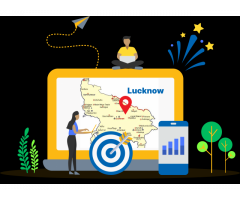App development is the process of creating software applications that function on mobile devices, web platforms, or across multiple systems. It begins with identifying user needs and defining the app’s purpose, followed by designing intuitive interfaces that ensure smooth navigation and engagement. A well-planned design phase lays the foundation for usability, accessibility, and overall user satisfaction. Development can follow different approaches. Native apps, built specifically for iOS or Android, offer strong performance and integration with device features, while cross-platform frameworks like Flutter or React Native enable faster deployment with shared codebases. Web applications expand accessibility, functioning directly in browsers without installation. Each method involves trade-offs in performance, scalability, and maintenance. Security, performance, and compliance are central considerations throughout the process. Protecting data through encryption, robust authentication, and adherence to privacy regulations ensures trust and reliability. Testing at multiple levels from unit tests to usability checks helps identify bugs, validate functionality, and ensure the app works across devices, operating systems, and varying network conditions. Once launched, applications require continuous monitoring and updates. User feedback, analytics, and crash reports guide improvements, while evolving operating systems and technology trends demand regular adaptation. Scalability, localization, and accessibility also play a vital role in reaching wider audiences and maintaining long term relevance. Ultimately, app development is a dynamic, iterative process that combines technical skill, creative design, and user-focused thinking to deliver solutions that adapt to both business needs and everyday digital lifestyles.





















